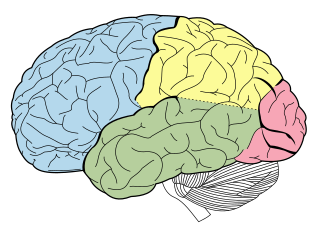A Quote by Robert Rinder
One of the happy consequences of my brain is that I rarely sleep.
Quote Topics
Related Quotes
There is also a particular area of sleep called slow-wave sleep. I immediately liked this idea. It turns out this part of sleep is where the brain basically gets into step with itself and gets into this one single phase of these relatively slow brain waves - around 10 Hz or so - and the whole brain 'fires all at once'. This is a brilliant bit of sleep where we consolidate memory and learning, and memory is one of my obsessions really.
Just as important as getting enough sleep is thinking about sleep in the right way. Stop thinking of sleep and naps as “downtime” or as a “waste of time.” Think of them as opportunities for memory consolidation and enhancing the brain circuits that help skill learning. Nor should you feel guilty about sleep. It's just as crucial a part of successful brain work as the actual task itself.
Sleep paralysis is something that is actually very common. Many people have it, I've had it myself. And what happens is, when you're in that REM stage of sleep, your brain is very active. You're dreaming your most during that stage, you're mind, your eyes are moving, there's a lot going on. It's like fireworks going on in your brain.






























